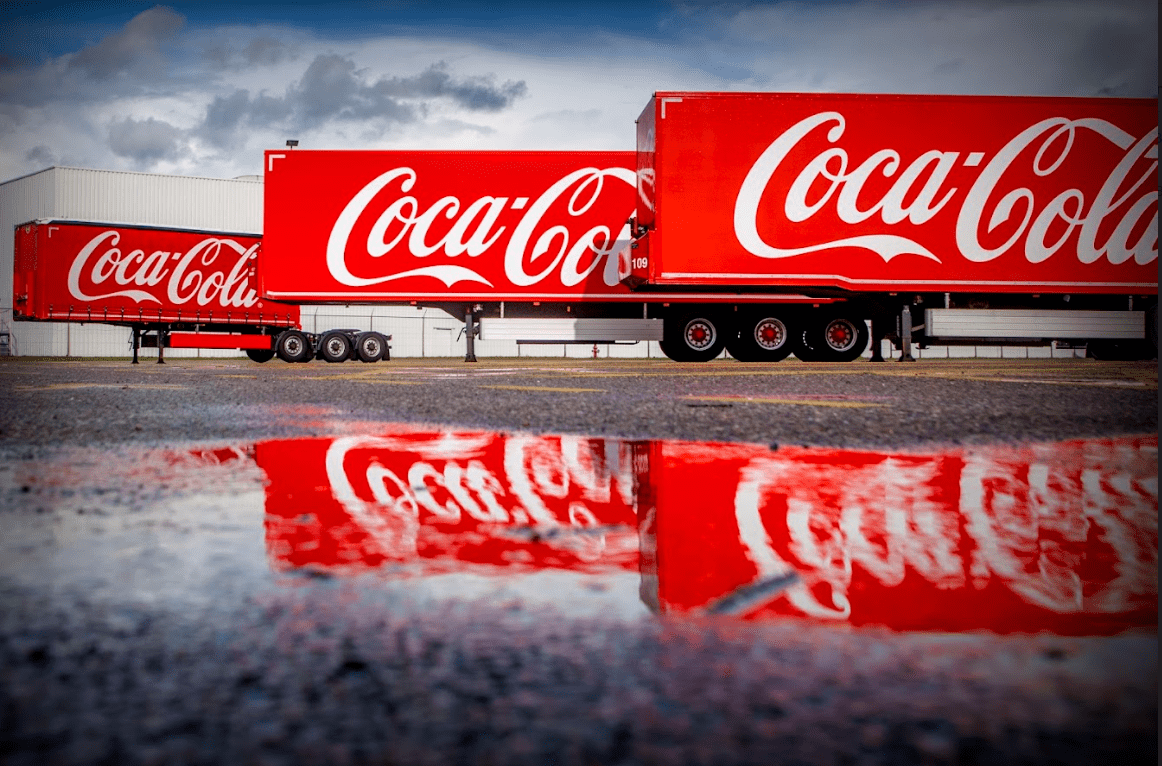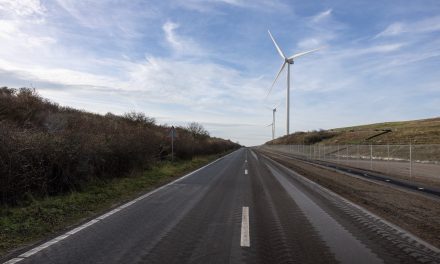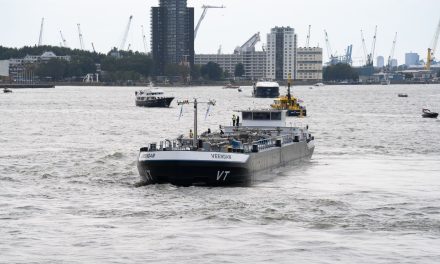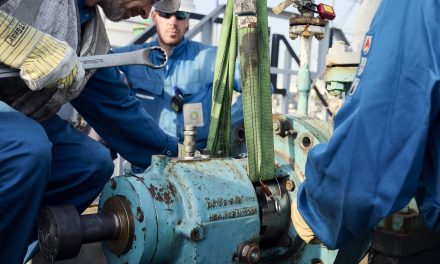
Coca-Cola op biobrandstof Neste

Foto: Coca-Cola/Robin Utrecht
Coca-Cola Nederland maakt bekend dat het al haar vrachtwagens op biobrandstof laat rijden. Neste gaat de brandstof leveren.
Volgens Coca-Cola is het de eerste frisdrankproducent in Nederland die tot deze stap overgaat. Het gaat om 50.000 ritten per jaar die worden gereden om de drankjes van de merken Coca-Cola, Fanta, Fuze Tea en Chaudefontaine te vervoeren. Door op biobrandstof te rijden, bespaart de producent tot 90 procent CO2-uitstoot. Coca-Cola zegt in 2040 een volledig klimaatneutrale bedrijfsvoering te willen bewerkstelligen.
Gebruikt frituurvet
De biobrandstof waarop Coca-Cola gaat rijden wordt voor het overgrote deel geproduceerd door de in de Rotterdamse haven gevestigde raffinaderij van Neste. Deze brandstof HVO100 wordt tot 92 procent gemaakt uit reststromen die geen andere functie meer hebben, zoals gebruikt frituurvet. In vergelijking met normale diesel komt er bij het rijden hierop ook 30 procent minder fijnstof en 9 procent minder stikstof vrij.
Biobrandstof
Eerder besloot Coca-Cola met extra lange vrachtwagens te gaan rijden, die meer producten kunnen vervoeren. “Ook stapten we met enkele vrachtwagens al over op 30 procent biobrandstof. Met de volledige overgang naar HVO100 voor het vervoer van al onze dranken bouwen we voort op de eerdere stappen en zetten we opnieuw een grote stap voorwaarts. Het betekent natuurlijk investeren, maar het belang van onze klimaatambities reikt ver”, aldus Marijke Jacobs-Heefer, associate director country logistics bij Coca-Cola Europacific Partners Nederland.
Zie ook: Groene grondstoffendeal Neste en LyondellBasell
English translation
Coca-Cola Netherlands on biofuel Neste
Coca-Cola Netherlands announces that it will run all its trucks on biofuel. Neste will supply the fuel.
According to Coca-Cola, it is the first soft drink producer in the Netherlands to take this step. It concerns 50,000 trips per year that are made to transport the drinks of the Coca-Cola, Fanta, Fuze Tea and Chaudefontaine brands. By driving on biofuel, the producer saves up to 90 per cent in CO2 emissions. Coca-Cola says it wants to achieve a fully climate-neutral business by 2040.
Used cooking-oil
The biofuel on which Coca-Cola will be driving is largely produced by Neste’s refinery in the Port of Rotterdam. Up to 92 per cent of this HVO100 fuel is made from residual flows that no longer have any other function, such as used cooking oil. Compared to normal diesel, it also produces 30 per cent less particulate matter and 9 per cent less nitrogen.
Climate ambitions
Earlier, Coca-Cola decided to start using extra-long trucks, which can carry more products. “We also switched some trucks to 30 per cent biofuel. With the full transition to HVO100 for the transportation of all our beverages, we are building on the previous steps and taking another big step forward. Of course it means investing, but the importance of our climate ambitions is far-reaching”, says Marijke Jacobs-Heefer, Associate Director Country Logistics at Coca-Cola Europacific Partners Netherlands.









